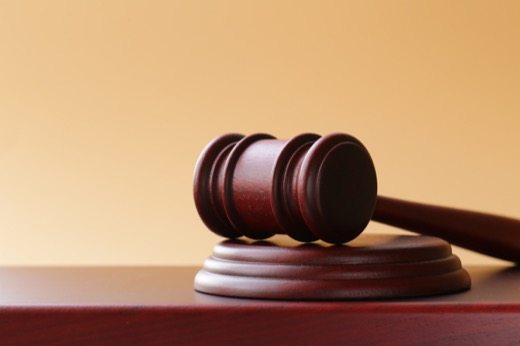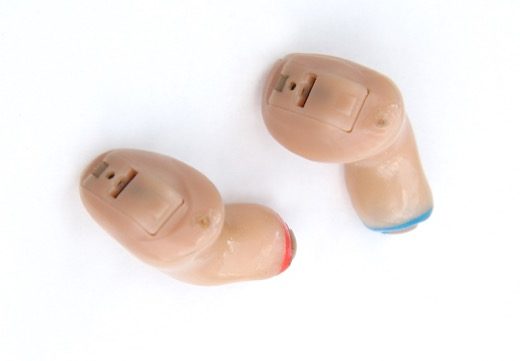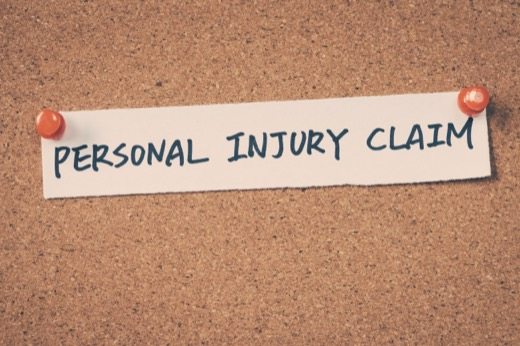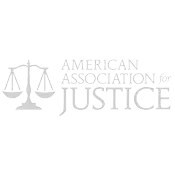Preparing to Testify In Your Case
Testifying in a trial is a stressful and nerve-wracking experience. It is crucial that you be as prepared as possible before you testify. Preparation will make testifying much less stressful. The Department of Justice offers some tips for testifying in court that you may refer to. While written for the victim witness, these tips are helpful for all people who may testify.
Meet with Your Attorney
It is important that you and your attorney are on the same page. You need to know what your attorney’s theory of the case is. While you may find the color of the car that hit you to be critical to your case, your attorney may want you to focus instead on the driver’s conduct. Meeting with your attorney ahead of trial will assist both you and your attorney.
Review your deposition and any police reports. If this is a personal injury case, review your personal injury diary.
Practice testifying with your attorney. You should practice your direct examination, which will be conducted by you attorney when you are on the stand. You should also practice cross examination, which will be conducted by opposing counsel. If your attorney is fully prepared, he or she will know what questions will likely be asked on cross examination. You should also be comfortable with any exhibits your attorney plans on introducing through you while you are on the stand. In order to be comfortable, you should review those exhibits in your attorney’s office.
Practice does not mean memorization. You want to come across as conversational, not overly prepared. Familiarize yourself with your case, reviewing your file with your attorney.
Decide what clothes you are going to wear and make sure those clothes are cleaned and pressed.
Go to the Courthouse in Advance
It can be helpful to drive to the courthouse prior to the day of trial. Drive at the same time you will be driving on the day of trial. This will give you an idea of traffic patterns and how long it can be expected to take you to drive to the courthouse. Check out the parking situation as well.
If you can get into the courthouse, it can be helpful to go find your courtroom. Locate the restrooms, water fountain, vending machines and anything else you might need.
When You Are Testifying
You must be honest when you are testifying. You are under oath. The other attorney will be questioning you and if he or she catches you in a lie, you will lose all credibility. In personal injury cases the most common mistakes people make include overstating their levels of pain, and understating their levels of pain.
Make sure you dress appropriately. If you are unsure about what to wear, ask your attorney. Dress so jurors and the judge know that you are taking this matter seriously. Piercings and tattoos should not be on display, if possible.
Remember that you are being observed even when you are not on the stand. This includes your body language while you are seated at counsel table, next to your attorney. Do not make faces or roll your eyes. You may also be observed outside of the courtroom. This can be in the hallway, in the bathroom, at lunch or in the parking lot. Do not interact with jurors, other attorneys or witnesses.
It is important to always remain respectful. The other attorney may frustrate you, but it is important that you remain calm and courteous. You should also be respectful of your own attorney. Obviously, you must also respect the judge.
If you do not understand a question, say so. Even the most experienced attorneys sometimes ask poorly worded questions. Do not guess at the meaning of the question. Ask for clarification.
It is okay to say “I don’t know” or “I don’t remember” if you don’t know the answer to a question. This is especially true for minor details. Make sure you are familiar with the important details of your case.
Listen to the question and answer only that question. This is not the time to start volunteering information. Do not guess the intent of the question and do not try to guess what the next question will be. Answer the question and know that your attorney will be able to ask you follow up clarifying questions. Resist the natural temptation to answer “Yes, but…” or “No, but…”
Take a moment before answering each question. There is nothing wrong with a pause to gather your thoughts before answering. It will also allow your attorney a chance to object, if necessary. It will also make sure that the entire question is completed and you are not interrupting. Juries do not appreciate rudeness from a witness. Similarly, court reporters have a hard time recording people talking over other people.
Try to appear calm, relaxed and confident. The jury will be watching you and your body language. The jury is assessing your credibility at all times. This does not mean you should be arrogant.
Short answers are frequently best, especially on cross examination. If the question can be answered with a “Yes,” “No,” or a number, do so. Make sure you answer verbally, do not shake or nod your head.
Your testimony is being recorded, either by a machine or a court reporter. Additionally, do not say “Yeah,” “Uh-huh,” or “Nuh-uh.”
Keep in mind that the opposing lawyer is not your friend. Do not be lulled into a sense of comfort. Some attorneys can be quite charming.
Avoid using the words “Never” and “Always” when testifying.
Correct any errors you make while testifying. If you realize you misspoke or simply got something wrong, correct your mistake as soon as possible.
Stop talking immediately if the judge interrupts you or the opposing counsel objects. Do not try to sneak in an answer. This does not help your credibility with the judge and jury. In some cases, this conduct could result in a mistrial. Wait until the judge tells you it is okay to answer, or the attorney asks another question.
Contact Our Professionals
If you have been injured, you may be entitled to compensation. Our determined Florida personal injury attorneys in Fort Lauderdale, Miami, and West Palm Beach are ready to meet you to discuss your case. At Madalon Law, there is no fee unless we win your case.










